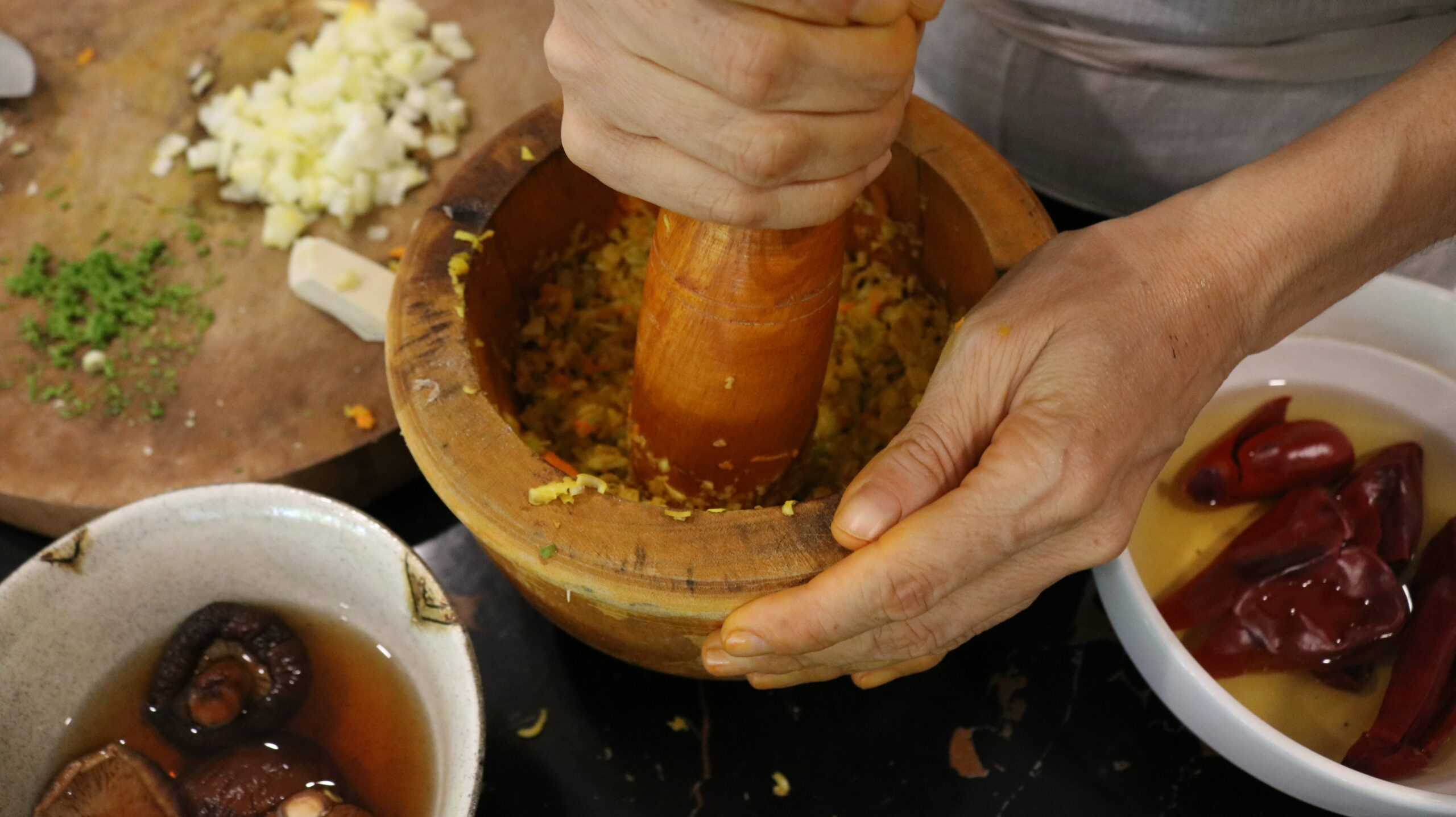Striking a balance: How much kitchenalia is necessary for delicious meals and minimal waste?
Some days ago while reading about cooking history, I stumbled upon an unfamiliar term – Kitchenalia. This term, which I haven’t seen before, inspired me to write about it.
Kitchenalia, a term derived from ‘kitchen’ and ‘alia’ (paraphernalia), encompasses the cooking equipment and items found in a kitchen. While the vast array of kitchen tools and gadgets available in the market may seem enticing, it raises the question: How much kitchenalia do we really need to cook delicious meals and maintain a sustainable kitchen?
In our attempts for the perfect meal, it is easy to fall into the trap of believing that the more tools and gadgets we have, the better our cooking will be. However, this often leads to overconsumption and accumulation of single-use kitchenalia, primarily made of plastic. These tools often remain unused, contributing to clutter and waste, eventually ending up in landfills.
A minimalist and sustainable approach to kitchenalia
A knife, a pot, and personally a mortar and pestle are the bare essentials needed to cook healthy, delicious, and amazing food. This minimalist approach allows us to focus on our cooking skills and the ingredients themselves, rather than relying solely on the tools. However, each individual’s needs may vary, and it is essential to discover what tools work best for you while still allowing you to use your hands and reduce waste.
Studies have shown that engaging our hands in the cooking process provides a hand-mind feedback loop. This interaction stimulates the release of endorphins and serotonin (pleasure chemicals) in the brain, reducing stress hormones like cortisol. Consequently, this balance of emotions and lowered anxiety can be achieved by choosing kitchen tools that encourage active hand movement.
When considering adding new kitchenalia to our collection, it is crucial to bring consciousness to our decision-making process. Asking ourselves, “Do I really need this kitchenalia?” can help prevent unnecessary purchases and promote a more minimalist and sustainable kitchen.
By focusing on the core tools needed for delicious meals and consciously choosing items that encourage hand involvement, we can create a more sustainable and enjoyable cooking experience. Remember, the key to delicious meals lies not only in the tools but also in our hands, creativity, and connection to the ingredients we use.
I’m curious to know what are your three fundamental tools in the kitchen.

